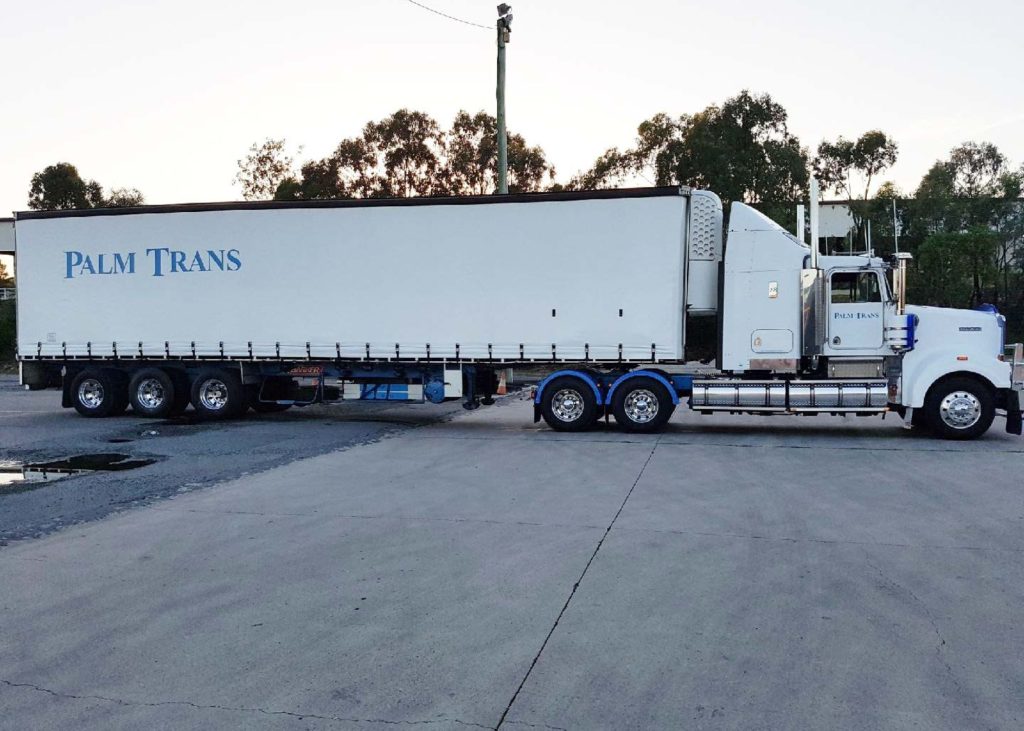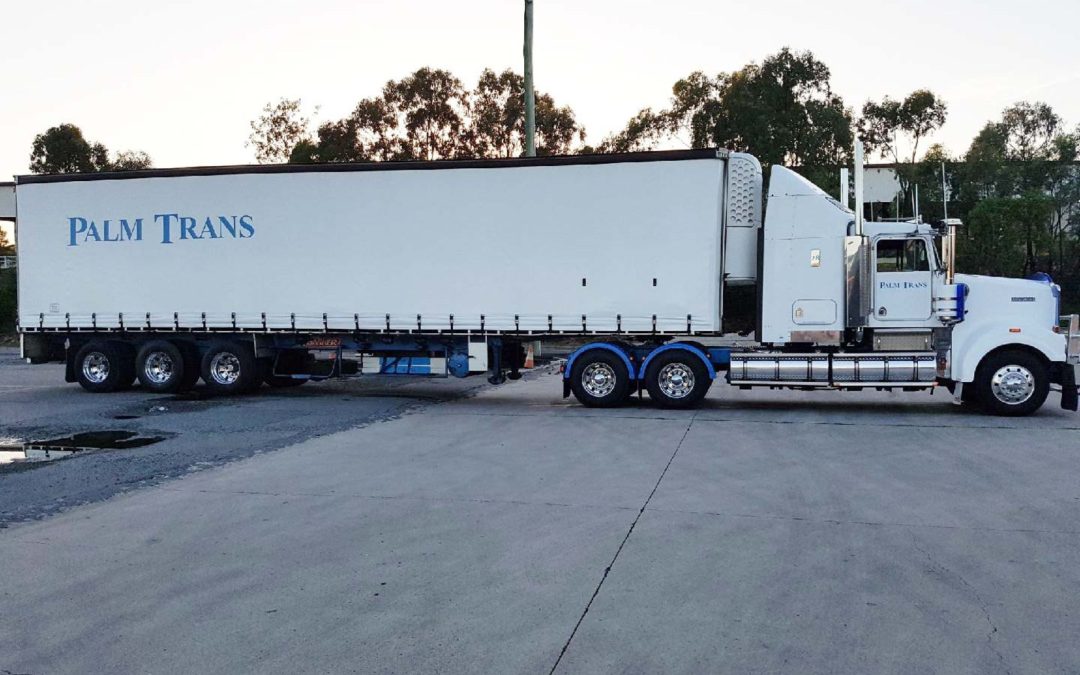In the competitive landscape of the logistics industry, customer experience has emerged as a pivotal differentiator. As businesses strive to meet the ever-increasing demands of their customers, the role of technology, particularly transport software, becomes paramount. Robust transport management software streamlines operations and plays a crucial role in enhancing the overall customer experience.
In this article, we’ll delve into the transformative impact of transport software on customer experience, explore its multifaceted benefits, and understand how data-driven insights can further enhance customer satisfaction in the logistics sector.

The Importance of Customer Experience in the Logistics Industry
In an era where customers are spoilt for choice, a stellar customer experience can be the linchpin for fostering loyalty and securing repeat business.
In logistics, this translates to punctual deliveries, precise tracking, open communication, and the ability to cater to fluctuating customer demands. Any misstep in these areas can lead to customer discontent, tarnishing a company’s reputation and affecting its profitability.
How Transport Software Improves Service Delivery and Customer Interaction
Integrating transport software solutions into the logistics workflow heralds a new era of enhanced service delivery and enriched customer interactions.
Efficiency and Timeliness
A TMS System optimises routes, ensuring that deliveries are both timely and cost-effective. Businesses can consistently meet and exceed customer expectations by reducing transit times and providing punctual deliveries.
Transparency and Communication
Modern freight management software offers real-time tracking capabilities. Customers no longer have to be in the dark about their shipments. They can access real-time updates, ensuring they are always informed. This level of transparency fosters trust, reduces the frequency of customer queries, and ensures that businesses and customers are always on the same page.
Flexibility and Adaptability
A dynamic transport management system is equipped to handle sudden changes, whether a last-minute change in delivery address, an unexpected order, or a shift in delivery schedules. This adaptability ensures businesses can swiftly respond to customer needs, enhancing overall satisfaction.
Enhanced Customer Support
With integrated customer support features, transport software solutions facilitate quicker issue resolution. Automated chatbots, support ticket systems, and direct communication channels address customer queries promptly, enhancing overall satisfaction.
Feedback and Improvement
Many transport software systems come with built-in feedback mechanisms, allowing customers to share their experiences. This feedback is invaluable, providing businesses with insights to refine their services and cater better to customer preferences continually.
Integration with Other Platforms
Transport software can seamlessly integrate with e-commerce platforms, CRM systems, and other digital tools. This integration ensures a cohesive customer journey, from order placement to delivery, enhancing the overall experience.
By prioritising service delivery and customer interaction, transport software solutions are not just enhancing operational efficiency but are also playing a pivotal role in building lasting relationships with customers, ensuring repeat business, and fostering brand loyalty.

Utilising Data and Analytics to Drive Customer Satisfaction
Data is one of the most valuable assets for businesses, especially in the logistics industry. Harnessing the power of data and analytics through transport software can provide unparalleled insights, enabling businesses to refine their operations and cater more effectively to their customers’ needs.
- Demand Forecasting: By analysing historical data, businesses can predict future demand patterns. This allows for better resource allocation, ensuring that peak periods are managed efficiently, and customer demands are met consistently.
- Identifying Bottlenecks: Through data analytics, businesses can pinpoint areas of inefficiency in their logistics chain. Addressing these bottlenecks streamlines operations and enhances the overall customer experience by reducing delays.
- Personalised Customer Interactions: Data-driven insights can shed light on individual customer preferences and behaviours. This knowledge enables businesses to tailor their interactions, offering solutions that resonate with each customer’s unique needs.
- Optimising Routes: Analytics can help identify the most efficient delivery routes, reducing transit times and ensuring that products reach customers faster.
- Inventory Management: Data analytics can provide insights into inventory levels, helping businesses avoid overstocking or stockouts. This ensures that products are always available when customers need them.
- Feedback Analysis: Analysing customer feedback can provide invaluable insights into areas of improvement. Businesses can continually refine their services by addressing these concerns, leading to higher customer satisfaction.
By leveraging these insights, businesses can make informed decisions, optimise their operations, and, most importantly, enhance the customer experience. In a world where customer satisfaction is paramount, data-driven strategies provide businesses with the edge to stand out and thrive.

Final Thoughts
The logistics industry is transforming, driven by integrating advanced transport software solutions. As businesses strive to meet and exceed customer expectations, the role of a transport management system becomes increasingly pivotal. By streamlining operations, enhancing transparency, and fostering open communication, transport software is redefining the customer experience in the logistics sector.
For businesses aiming to thrive in this competitive landscape, embracing these technological advancements is not just a choice but a necessity. Ultimately, having satisfied customers is the best business strategy of all, and with the right tools in place, businesses are well-equipped to achieve this goal. If you’d like to find out if Infocomm can help customise a transport software solution in your business, contact our team of experts now.

